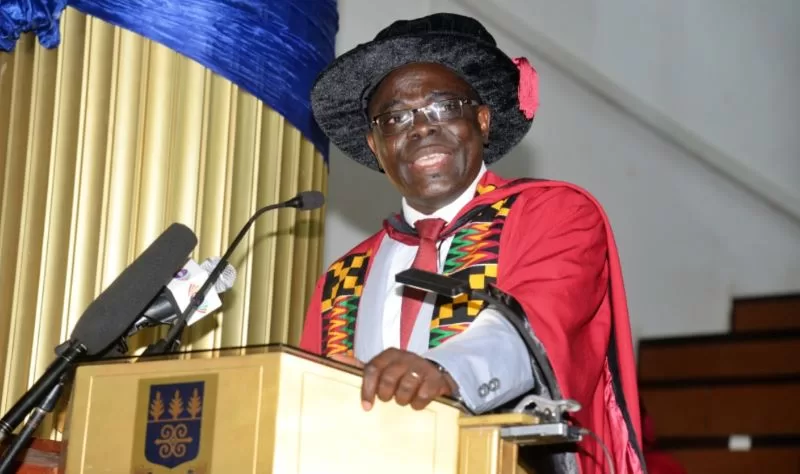The Ministry of Gender, Children and Social Protection has come up with mitigating measures to safeguard the health and well-being of vulnerable groups in the country, in the wake of the COVID-19 pandemic and the restrictions on the movement of people in some areas.
As part of the measures, head porters, popularly known as ‘Kayayei’, will be provided free accommodation and given three square meals a day within the period of the restriction measures.
Additionally, they will be given daily stipends of GH₵10 each to live on.
The measures include catering and providing logistics for kayayei, both those with and those without places of abode.
“We currently have about 15,000 of those we are going to cater for. For those who have their apartments, we will find ways of sending logistics to them to keep them away from coming to town, while for those that we are going to keep at identified places that we have found, we are going to cater for them.
“There will be enough food and water for them,” the Minister for Gender, Children and Social Protection, Mrs Cynthia Morrison, said at a media briefing organised by the Ministry of Information in Accra yesterday.
Meetings
According to her, the ministry had met with the COVID-19 Planning Committee, which includes the National Security, the National Disaster Management Organisation (NADMO) and the Ministry of Finance, and had also updated the kayayei data by visiting the various marketplaces with their leaders.
She said she personally visited some of the markets where the kayayei were located to have first-hand information on the situation on the ground.
“At least we know that some of them are residents; they have rented apartments that they live in and we have those who also live on the streets.
“We have also visited some facilities which we think are suitable to accommodate our brothers and sisters on the street. We have a few men and that is why I added them,” she said.
Mrs Morrison indicated that there were corporate bodies that were cooking for about 6,000 of the kayayei, while other groups would also cater for the rest.
Support
The minister said food was being sent to people on the streets.
“We are sending food to people on the streets. We have people like the mentally retarded. We are picking 20 of them who are going to be taken care of, and they are not going to come back on the streets. So we are going to give them food and water every day,” she said.
Moreover, she said, the vulnerable and kayayei would not only be given hot meals, water and drinks but also be taken through personal hygiene, citing those who were picked from Ejisu in the Ashanti Region as automatic beneficiaries.
Providing additional details, she said the ministry was providing 15,000 sanitisers, which the vulnerable could use, along with soap and water and Veronica buckets, in order to keep them safe.
Mrs Morrison said the kayayei would be trained on social distancing, saying that was very important, in view of the way they were often seen in groups.
“This is something we are going to take very seriously,” she added.
She further indicated that the younger kayayei would be separated from the older ones, since the former were not supposed to be doing that business, adding that the younger ones would be sent back home to go to school.
Grooming
Mrs Morrison noted that some of the kayayei would be groomed, among other things, since sitting idle during the two-week period would be boring for them, hence the need to engage them.
Already, she said, some 20 of them were undertaking journalism, dressmaking and fashion designing programmes.
“Sitting down for two weeks will be boring for them and so we are going to make it exciting for them,” she sad.
She named the places the food would be sent to in Accra as CMB, the Tema Station, Agbogbloshie, the Mallam Ata Market, Circle, the Tip-Toe Lane, Pig Farm, Accra New Town, Maamobi and Alajo, while in the Ashanti Region the places would include Adiebeba High Tension, Moshie Zongo, Alabar and Subin.
The kayayei, she said, were screened and their temperatures checked yesterday to ensure that they were within the normal range.
The ministry, she said, was also taking care of 10,435 people with disabilities.
Source: Daily Graphic | Ghana
















